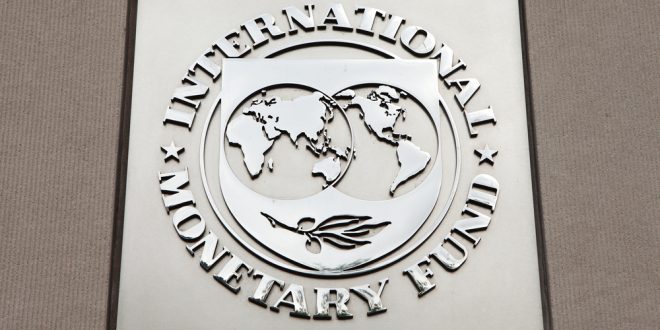Despite the remarkable strength of the US economy, the International Monetary Fund has lowered its growth projections for China and the Eurozone, noting that overall global growth remains low and unequal. The IMF maintained its 3.0% prediction for global real GDP growth in 2023 but reduced its 3.0% prediction for 2024 to 2.9%. In 2022, global output expanded by 3.5%.
The world economy is still recovering from COVID-19, Russia’s invasion of Ukraine, and the energy crisis of last year, according to IMF Chief Economist Pierre-Olivier Gourinchas, although diverging growth trends indicate “mediocre” medium-term prospects. The dangers associated with the property crisis in China, fluctuating commodity prices, geopolitical fragmentation, and a rebound in inflation continue to worry the IMF.
Just as representatives from 190 nations gathered in Marrakech for the IMF and World Bank annual meetings, a new risk—the Israeli-Palestinian conflict—emerged, but it did so after the IMF’s quarterly outlook update was finalised on September 26. The IMF is keeping an eye on the situation and noted that oil prices have increased by about 4% recently due to worries that oil production or transportation would be disrupted.
According to IMF research, an increase in oil prices of 10% would result in a 0.2% reduction in global output the next year and a 0.4% increase in inflation. The pandemic’s ongoing effects, the crisis in Ukraine, growing fragmentation, rising interest rates, harsh weather occurrences, and other factors are all stifling growth.
In 2023, the world’s total output is expected to be 3.4% lower than pre-pandemic estimates, or around $3.6 trillion. Despite continuing to reduce due to lower energy and to a lesser extent lower food prices, inflation remained too high.
It is expected to drop to an annual average of 6.9% in 2023 from 8.7% in 2022, and to 5.8% in 2024. Given tight labour markets and stickier-than-expected services inflation, core inflation, which excludes food and energy, could decline more gradually – to 6.3% in 2023 from 6.4% in 2022, and to 5.3% in 2024.
Although there are still more risks pointing downward than upward for 2024, the IMF indicated that uncertainty has decreased since its April forecasts. There is now a 15% possibility of growth dipping below 2%, which has only happened five times since 1970, down from 25% in April.
Investment was consistently lower than it was prior to the pandemic as a result of firms’ reduced desire for risk-taking and expansion due to higher interest rates, tougher lending requirements, and reduced fiscal support. The IMF further recommended nations to strengthen their already fragile fiscal buffers against upcoming shocks, adding that the United States’ significant worsening of its budget deficits was “most worrying.”

 Noor Trends News, Technical Analysis, Educational Tools and Recommendations
Noor Trends News, Technical Analysis, Educational Tools and Recommendations



